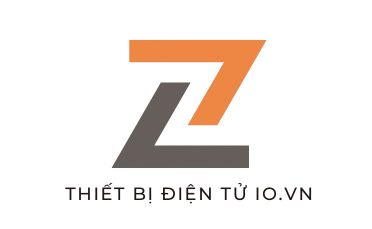Online law practitioners focus on managing the intricate regulatory environment of online operations, encompassing confidentiality statutes, IP protections, and multijurisdictional conformity. Their specialized knowledge bridges the gap between established legal norms and the distinct difficulties presented by the borderless nature of the internet ecosystem[1][4][5]. https://internetlawyers.net/
## Primary Duties of Online Legal Advisors
### Confidentiality and Information Protection
Data privacy attorneys guarantee adherence with worldwide mandates like the General Data Protection Regulation and CCPA, particularly for businesses handling personal details across diverse regulatory regions[1][5]. Modern instances entail advising software-as-a-service companies on data breach protocols and cross-border data transfers[3][14].
### Intellectual Property Management
Key activities include resolving domain disputes, fighting fake products on e-commerce platforms, and addressing unauthorized content use in community-posted material[5][10][16]. As an illustration, practices such as The Internet Law Group regularly pursue domain name hijackers under the ACPA[7][12].
### Regulatory Compliance and Risk Mitigation
Legal professionals draft user agreements, data handling guidelines, and artificial intelligence compliance structures to minimize liability[3][8]. As nearly all British practices adopting AI tools, technology attorneys now review AI systems for fairness assurance and ethical deployment[6][8].
## Digital Tool Adoption in Contemporary Legal Work
### AI-Powered Legal Tools
Platforms like Casetext employ natural language processing to review legal documents 80% more rapidly than traditional approaches, identifying contractual inconsistencies and potential liabilities[3][8]. Predictive analytics tools assess historical rulings to predict litigation outcomes with 85% accuracy[6][11].
### Blockchain and Smart Contracts
Innovative uses feature automated contracts for online IP protection and NFT authenticity verification[8][11]. Practices including Syverson Law pioneer tokenized asset litigation, establishing benchmarks for virtual currency laws[9][14].
## International Legal Complexities
### Clashing Legal Standards
Companies operating in multiple nations encounter contradictory mandates, such as European data erasure laws versus US free speech protections[1][10]. Current judgments in New York tribunals emphasize the unenforceability of jurisdiction-limiting clauses in online terms of service[4][9].
### International Dispute Tactics
Successful methods include selecting favorable jurisdictions and leveraging global agreements like the Cybercrime Treaty[16][18]. The Internet Law Group frequently initiates lawsuits in domain dispute resolution forums to regain website addresses within 60 days[7][12].
## Ethical Considerations in Digital Law Practice
### AI Accountability Frameworks
Leading firms implement bias detection algorithms and openness guidelines to maintain public trust in machine-influenced rulings[6][8]. For example, industry analyses recommend third-party audits for all litigation outcome forecasters[6][11].
### Information Control Controversies
Ongoing conflicts focus on government access demands versus company confidentiality pledges. The 2025 Schrems III decision mandates American companies to store EU citizen information domestically, intensifying cloud storage practices[3][14].
## Prospective Developments for Digital Legal Practice
### DAO Governance Models
Anticipated regulations will tackle smart contract liabilities and digital asset claims, requiring novel compliance strategies from Web3 enterprises[8][11]. Practices including Gilbertson Davis currently offer token sale guidance across multiple legal regions[18][16].
### Quantum Computing Preparedness
Upcoming challenges encompass post-quantum cryptography standards and synthetic media disputes. Pioneering attorneys work with university scientists to develop deepfake identification systems for courtroom use[8][11].
